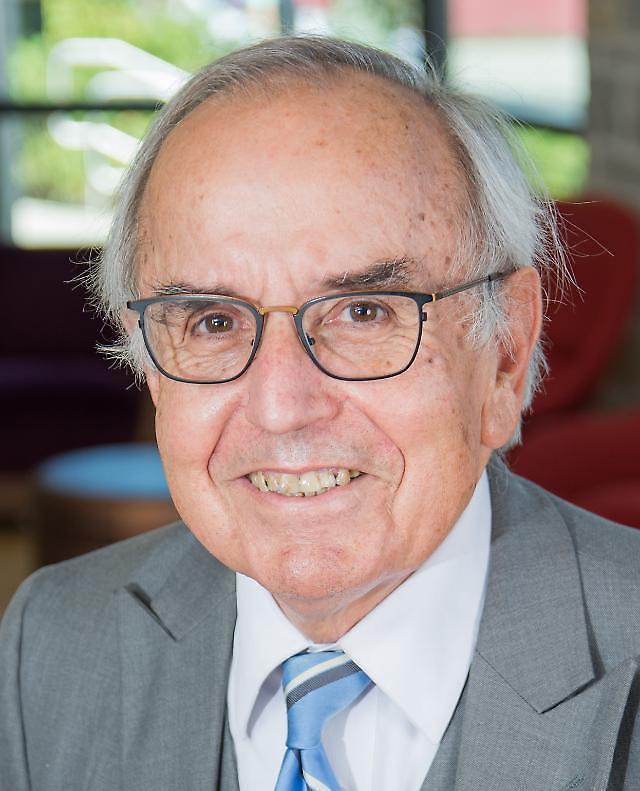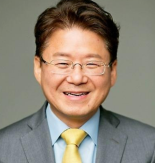
[This article was contributed by Arthur I. Cyr, author of "After the Cold War -- American Foreign Policy, Europe and Asia" (NYU Press and Palgrave/Macmillan). He has taught at the Universities of Chicago and Illinois, Northwestern University, and Carthage College (Clausen Distinguished Professor).]
KENOSHA -- The Group of Twenty (G20), a forum of nineteen industrialized nations plus the European Union, has met this month at the Bahrat Mandapam conference center in New Delhi, India. The annual gathering provided a major opportunity for Prime Minister Narendra Modi to demonstrate India’s growing influence.
The G20 provides a structure for policy discussion and coordination on a wide range of matters, including international security.
China and Vladimir Putin of Russia were absent. Both nations suffer serious and growing economic problems. Moscow is in addition afflicted with the costly, brutal war resulting from the February 2022 invasion of Ukraine.
Just before the G20 gathered in India, President Joe Biden stopped in Hanoi, Vietnam. The occasion was a new, greatly strengthened strategic partnership between the United States and Vietnam. The relationship was formally raised to a comprehensive strategic partnership by Hanoi. This is their highest designation for cooperation. Previously, our relationship had been at its lowest designation.
Last year in November, Indonesia hosted a G20 summit. President Biden took the opportunity for a special meeting with China’s President Xi Jinping.
The G20 began in 1999, spurred by the Asia financial crisis of 1997. The rapid response led by the United States mobilized public and private capital to relieve nearly disastrous financial pressures on Asian economies. U.S. President Bill Clinton led this effective crisis management.
In 2010, G20 meetings took place in Gyeongju and then in Seoul, South Korea. The selection of this nation aptly, and appropriately symbolized the exceptional economic development of their powerhouse economy – and stable political democracy – during the years following the devastating Korean War of 1950 to 1953.
Japan was a participant in the initial, predecessor G7 organization of economically advanced nations. The successor G20 has developed a wider arena to include China, along with Brazil, India, and other rapidly industrializing large economies of the world.
The fact that worldwide very poor people are becoming prosperous is good news for everyone. They represent new competitors, but also potential new consumers of our products, and investment partners. Wars are on balance less likely.
Washington took the opportunity to highlight Indonesia, and neighboring nations, as success stories of expanding political stability, modernization, and the rule of law. In 1998, opponents forced Indonesia’s long-time autocratic president and former general Muhammad Suharto from power. Since then, the nation has had a representative government.
Indonesia’s external conflicts today are largely technical and legal, notably the maritime disputes which generally involve the nations of East and Southeast Asia. Dictatorship has ended, but corruption remains a problem.
The situation used to be quite different. During the height of the Cold War, Indonesia was a pivotal leader among developing nations. Flamboyant nationalist President Sukarno played the Soviet Union and the United States against one another. CIA efforts to bring Sukarno down failed, greatly weakening U.S. standing.
In consequence, cooperation between Indonesia and the Soviet Union expanded. This development was extremely important in the decision for large-scale U.S. military intervention in Vietnam in 1965. Today, we largely have forgotten this history.
British forces, with Australian and New Zealand allies, defeated Indonesia's attacks on Malaysia. Earlier, Britain defeated a Communist insurgency in Malaya, today part of Malaysia. Their strategy remains highly germane.
Today, the Cold War is over, though the potentially explosive tensions between China and the United States and other nations show utopia has not yet arrived.
Our collaboration with Vietnam is truly historic.
Copyright ⓒ Aju Press All rights reserved.




